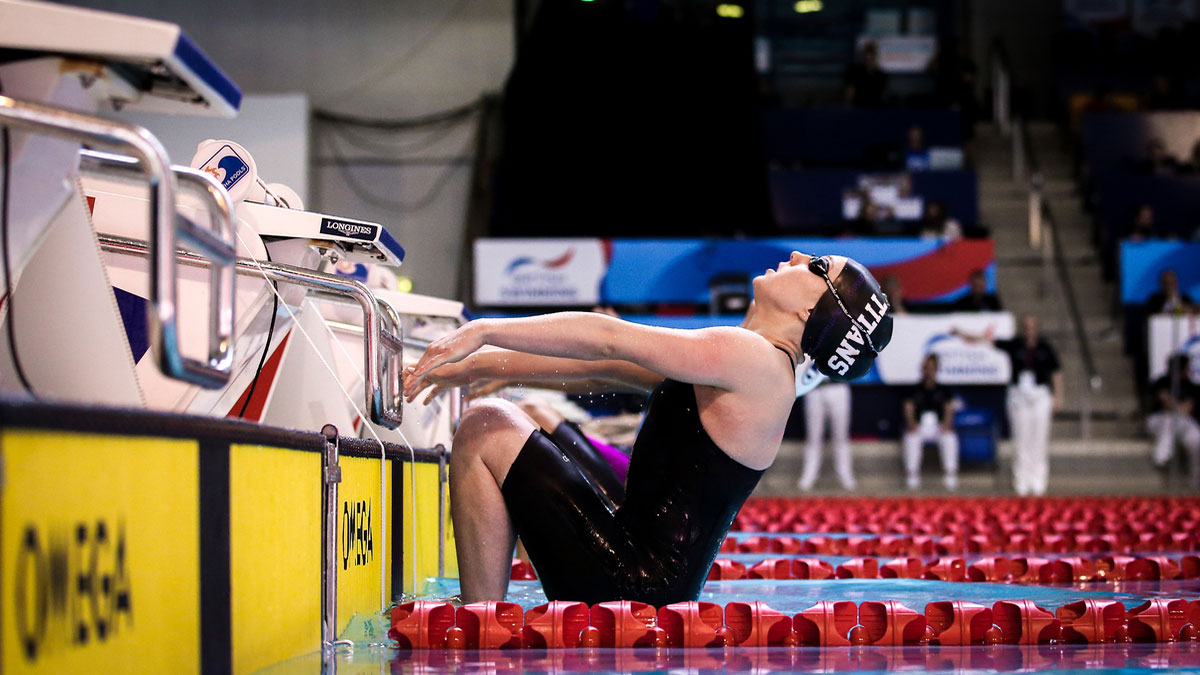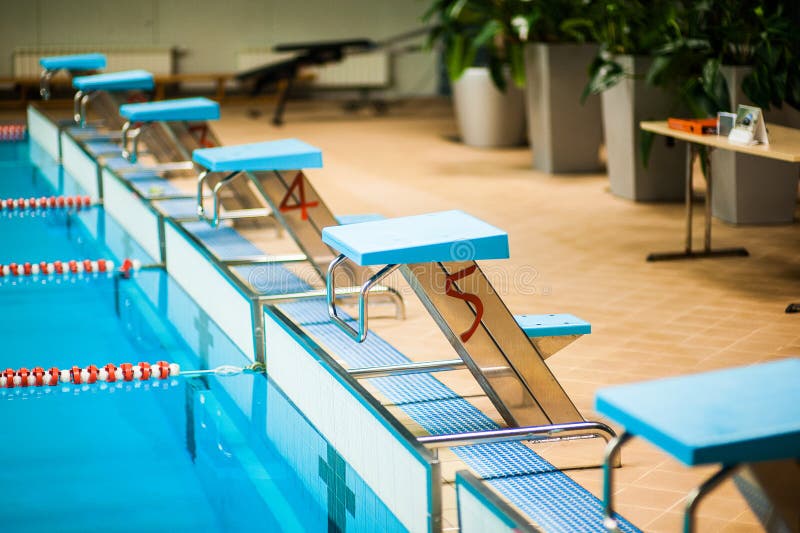Hey there, pool enthusiasts and skeptics alike! Let's dive right into the heart of the matter: Is pool a sport? This question has sparked countless debates across barrooms, tournaments, and even academic circles. Pool, or billiards as some call it, is a game that combines skill, strategy, and precision. But does it meet the criteria to be considered a legitimate sport? Let's break it down and explore the nuances of this intriguing debate.
Whether you're a casual player who enjoys a friendly game at the local bar or a die-hard fan of professional tournaments, the question of whether pool qualifies as a sport is worth exploring. It's not just about semantics; it's about understanding the nature of competition, physicality, and mental prowess. So, grab your cue stick and let's get started!
This article will take you on a journey through the history of pool, its competitive landscape, and the arguments for and or against its classification as a sport. We'll also touch on the psychological and physical demands of the game, making this exploration both informative and thought-provoking. Ready to hit the balls? Let's go!
Table of Contents:
- Biography of Pool as a Discipline
- What Makes a Sport?
- The Rich History of Pool
- The Competitive Nature of Pool
- Physical and Mental Aspects of Pool
- Arguments For and Against Pool as a Sport
- The Psychology of Competitive Pool
- Professional Pool: The Elite Level
- Training and Preparation for Pool Players
- Conclusion: Where Do We Stand?
Biography of Pool as a Discipline
Before we dive into the debate, let's take a moment to understand the origins and evolution of pool as a discipline. Pool, or billiards, has a rich history that dates back centuries. It started as a lawn game in Europe during the 15th century and eventually moved indoors, evolving into the table-based game we know today.
Over time, pool has branched out into various formats, including eight-ball, nine-ball, and straight pool. Each format has its own set of rules and strategies, making it a versatile and dynamic game. The development of professional leagues and tournaments has further solidified pool's place in the competitive world.
Key Facts About Pool
Here's a quick overview of some key facts about pool:
- Pool originated as an outdoor game before moving indoors.
- There are multiple formats, each with unique rules and strategies.
- Professional tournaments attract players from around the globe.
- Pool requires a combination of skill, focus, and precision.
What Makes a Sport?
Now that we've established the background of pool, let's tackle the big question: What makes a sport? The definition of a sport can vary depending on who you ask, but generally, it involves physical exertion, competition, and skill. Sports often require a combination of physical and mental attributes, and they are typically governed by specific rules and regulations.
Some argue that the physical demands of pool are minimal compared to traditional sports like football or basketball. However, others point out that the mental and strategic aspects of pool are just as demanding, if not more so, than many other sports. The debate rages on, and it's worth examining both sides of the argument.
Physical vs. Mental Demands
While pool may not involve running, jumping, or physical contact, it does require a high level of physical control and precision. Players must maintain proper posture, balance, and focus for extended periods, which can be physically demanding. Additionally, the mental aspect of pool cannot be overlooked. Strategic thinking, problem-solving, and concentration are all critical components of the game.
The Rich History of Pool
Pool's history is as fascinating as the game itself. From its humble beginnings as a lawn game to its current status as a global competitive discipline, pool has undergone significant transformations. The game has been influenced by cultural, technological, and social changes throughout the centuries, making it a true reflection of human ingenuity and creativity.
One of the most notable developments in pool's history was the introduction of the cue stick. This innovation revolutionized the way the game was played, allowing for greater accuracy and control. Over time, the rules and formats of pool have evolved, leading to the diverse range of games we see today.
Historical Milestones
Here are some key milestones in the history of pool:
- 15th Century: Pool begins as an outdoor game in Europe.
- 17th Century: The cue stick is introduced, changing the game forever.
- 19th Century: Pool tables become a staple in bars and clubs.
- 20th Century: Professional tournaments and leagues are established.
The Competitive Nature of Pool
Pool is not just a casual pastime; it is a highly competitive discipline with a thriving professional scene. Tournaments like the World Pool Masters and the Mosconi Cup attract top players from around the world, showcasing the highest level of skill and strategy. These events are a testament to the competitive nature of pool and its place in the world of sports.
Professional players dedicate years to mastering the game, honing their skills through practice, training, and competition. They must possess not only technical proficiency but also mental toughness and adaptability. The competitive landscape of pool is as intense as any other sport, with players vying for titles, rankings, and prize money.
Top Players in the Pool World
Here are some of the most notable players in the world of pool:
- Efrén Reyes: Known as "The Magician," Reyes is one of the most celebrated players in history.
- Shane Van Boening: A dominant force in modern pool, Van Boening has won numerous world championships.
- Chloe Swail: A trailblazer for women in pool, Swail has achieved success in both national and international competitions.
Physical and Mental Aspects of Pool
While pool may not involve the physical intensity of traditional sports, it does require a unique set of physical and mental attributes. Players must maintain proper posture, balance, and focus throughout a game, which can last several hours. The physical demands of pool are often underestimated, but they are a crucial part of the game.
Mentally, pool is a game of strategy and concentration. Players must think several moves ahead, anticipate their opponent's actions, and adapt to changing circumstances. This mental aspect is what sets pool apart from many other games and makes it a challenging and rewarding discipline.
Training for Success
Professional pool players undergo rigorous training to prepare for competition. This includes:
- Practicing technical skills such as aiming, cue control, and spin.
- Developing mental toughness through visualization and mindfulness techniques.
- Maintaining physical fitness to ensure endurance and focus during long matches.
Arguments For and Against Pool as a Sport
The debate over whether pool is a sport continues to rage on, with valid arguments on both sides. Let's take a closer look at the key points for and against pool's classification as a sport.
Arguments For Pool as a Sport
Supporters of pool as a sport argue that:
- Pool requires skill, precision, and strategy, which are hallmarks of any legitimate sport.
- The physical and mental demands of pool are comparable to those of other sports.
- Professional tournaments and leagues demonstrate the competitive nature of pool.
Arguments Against Pool as a Sport
Opponents of pool as a sport contend that:
- Pool lacks the physical exertion and athleticism typically associated with sports.
- The game is played indoors and does not involve traditional sports equipment or environments.
- Pool's classification as a sport is subjective and varies depending on cultural and societal norms.
The Psychology of Competitive Pool
One of the most fascinating aspects of pool is the psychological component. Players must not only master the technical aspects of the game but also develop mental resilience and focus. The ability to remain calm under pressure, think strategically, and adapt to changing circumstances is crucial for success in competitive pool.
Many professional players incorporate psychological training into their preparation, using techniques such as visualization, mindfulness, and mental rehearsal to enhance their performance. The mental game of pool is as important as the physical game, and it sets the top players apart from the rest.
Mental Toughness in Pool
Here are some key strategies for developing mental toughness in pool:
- Practice visualization to anticipate and prepare for different scenarios.
- Stay focused on the present moment and avoid distractions.
- Embrace challenges as opportunities for growth and improvement.
Professional Pool: The Elite Level
At the highest level, pool is a highly competitive and rewarding discipline. Professional players compete in tournaments around the world, vying for titles, rankings, and prize money. The elite level of pool requires dedication, discipline, and a passion for the game.
Professional players often have sponsors, coaches, and training partners to help them prepare for competition. They travel extensively to participate in tournaments and events, building their reputation and earning recognition in the pool community. The professional pool scene is a vibrant and dynamic world, filled with talented individuals who have dedicated their lives to the game.
Key Tournaments in Professional Pool
Here are some of the most prestigious tournaments in professional pool:
- World Pool Masters
- Mosconi Cup
- U.S. Open Nine-Ball Championship
Training and Preparation for Pool Players
Success in pool requires more than natural talent; it demands consistent training and preparation. Professional players spend countless hours honing their skills, refining their techniques, and developing their mental game. This dedication to training is what sets the top players apart from the rest.
Training for pool involves a combination of technical practice, mental preparation, and physical fitness. Players work on their aiming, cue control, and spin, while also developing strategies for different game formats. Mental toughness is cultivated through visualization, mindfulness, and other psychological techniques. Physical fitness ensures endurance and focus during long matches.
Creating a Training Routine
Here are some tips for creating an effective training routine:
- Set specific goals and track your progress over time.
- Practice a variety of shots to improve your overall skill set.
- Incorporate mental training techniques to enhance focus and concentration.
Conclusion: Where Do We Stand?
So, is pool a sport? The answer depends on how you define a sport and what criteria you use to evaluate it. Pool undoubtedly requires skill, precision, and strategy, making it a legitimate competitive discipline. While it may not involve the physical exertion of traditional sports, the mental and physical demands of pool are significant and cannot be overlooked.
As the debate continues, one thing is clear: pool is a fascinating and rewarding game that attracts players and fans from around the world. Whether you consider it a sport or not, there's no denying the passion and dedication that go into mastering the game. So, the next time someone asks you if pool is a sport, you'll have plenty to say!
We'd love to hear your thoughts on this topic. Leave a comment below and share your perspective on whether pool qualifies as a sport. And don't forget to check out our other articles for more insights into the world of competitive pool!


